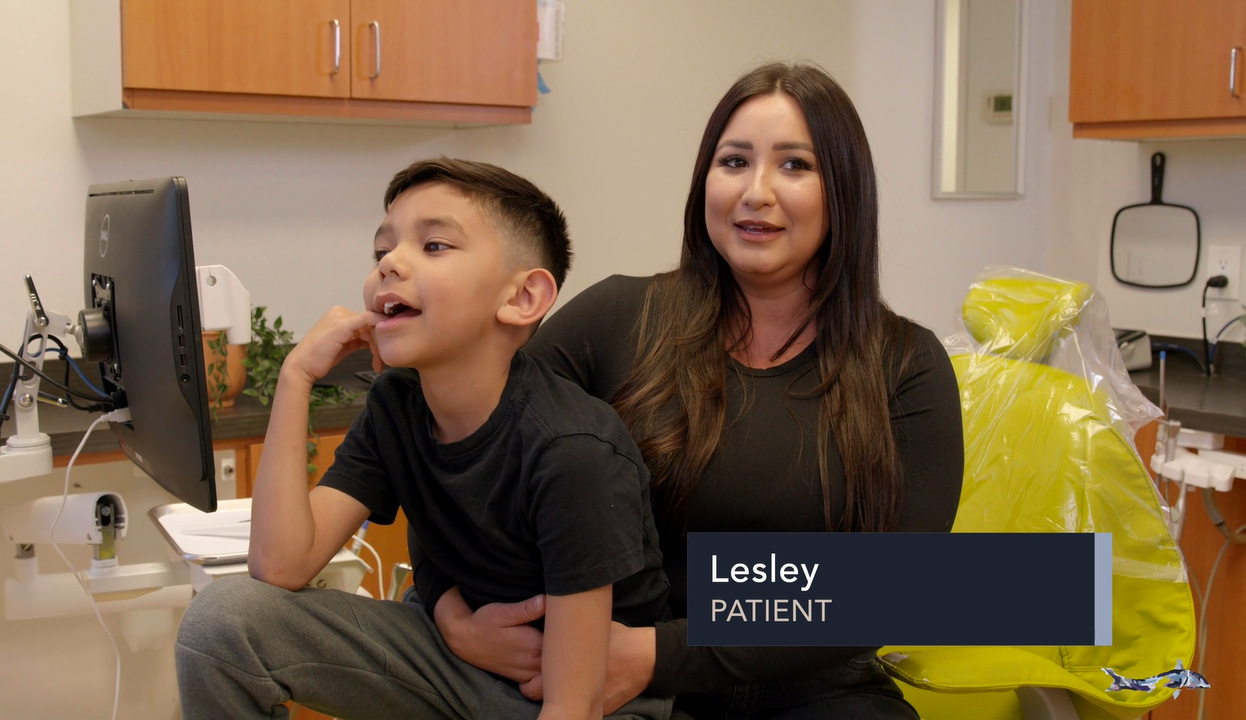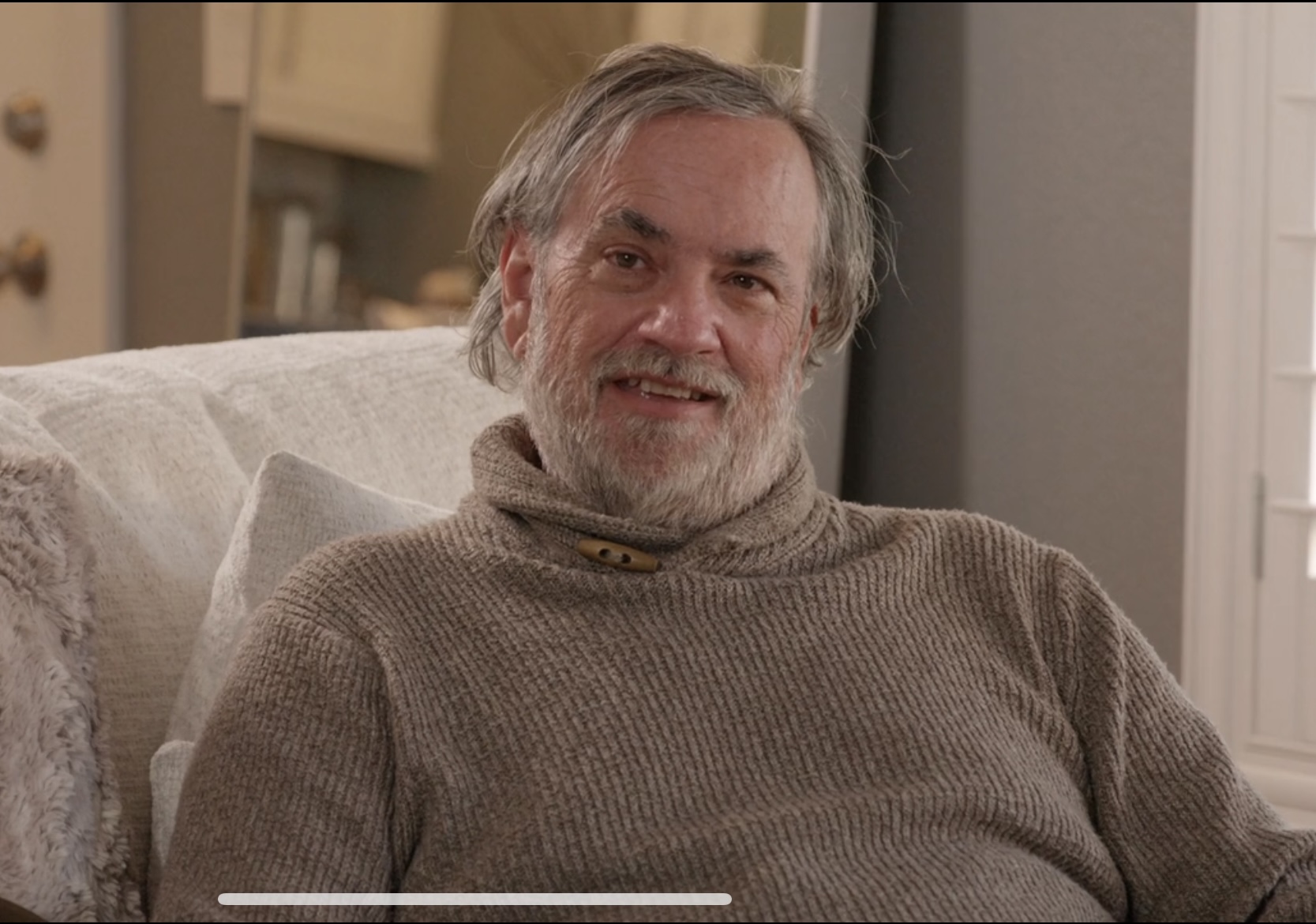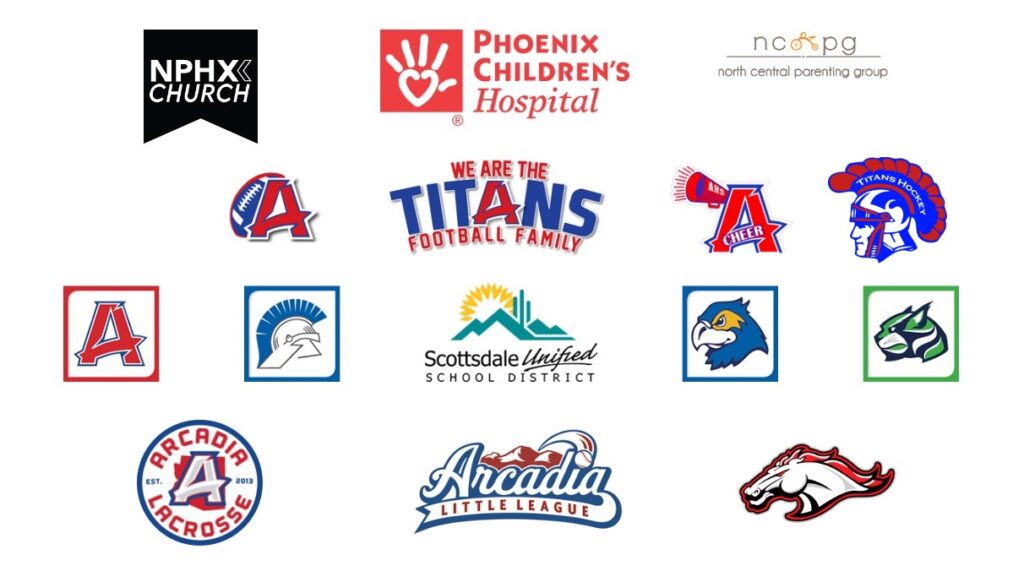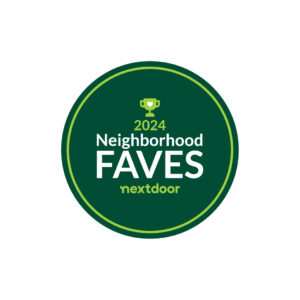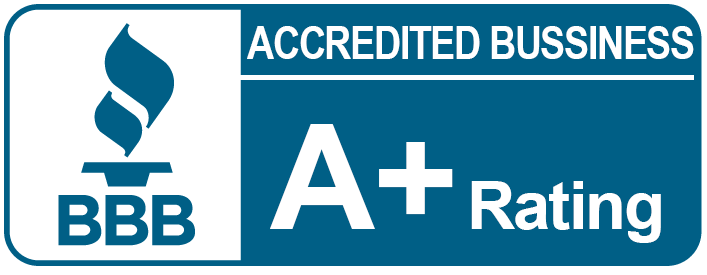Oral Appliance Therapy
These devices are custom-fitted by dentists with special expertise in treating sleep apnea, serving as a CPAP alternative. Oral appliances are designed to fit in the mouth in a similar fashion to a retainer or mouth guard. They open your airway by moving your lower jaw and tongue forward while you sleep. They are small, comfortable, and effective.
Sleep apnea often responds to oral appliance therapy, which prevents the conditions that cause airway blockage by holding the tongue or jaw in a forward position, keeping the soft tissues at the back of the throat out of the vicinity of the airway. The appliance feels similar to a mouthguard and is quite comfortable, which is why many patients prefer this treatment method over a Continuous Positive Airway Pressure (CPAP) mask that forces air into the airway to keep it open.
If you are experiencing symptoms of sleep apnea, call our office to schedule an evaluation.
We can offer you an effective treatment alternative to CPAP to eliminate your symptoms and reduce the health risks that have been linked to sleep apnea.

Every oral appliance is tailored to the individual, ensuring maximum comfort and efficacy.
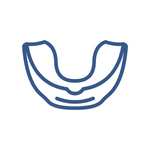
Unlike some other treatment modalities, OAT is non-intrusive, fitting easily inside the mouth.
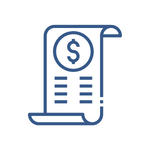
OAT is cost-effective in the long run, with no recurring expenses for supplies or maintenance.
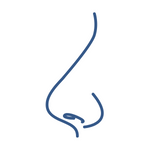
Experience relief from sleep apnea without the discomfort of dried-out sinuses, a common complaint with CPAP.
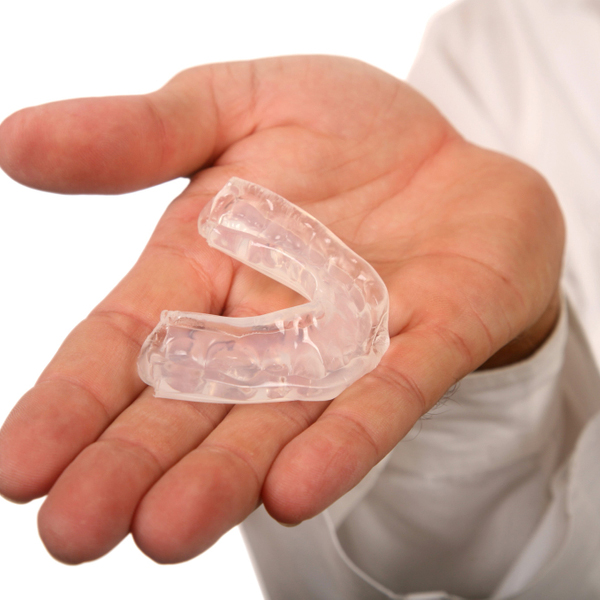
Additional benefits include:
These devices are custom-fitted by dentists with special expertise in treating sleep apnea, serving as a CPAP alternative. Oral appliances are designed to fit in the mouth in a similar fashion to a retainer or mouth guard. They open your airway by moving your lower jaw and tongue forward while you sleep. They are small, comfortable, and effective.
Sleep apnea often responds to oral appliance therapy, which prevents the conditions that cause airway blockage by holding the tongue or jaw in a forward position, keeping the soft tissues at the back of the throat out of the vicinity of the airway. The appliance feels similar to a mouthguard and is quite comfortable, which is why many patients prefer this treatment method over a Continuous Positive Airway Pressure (CPAP) mask that forces air into the airway to keep it open.
COMPARING AND CONTRASTING CPAP AND ORAL APPLIANCE THERAPY
CPAP and Oral appliance therapy differ in significant ways. The CPAP mask forces air into the airway in order to keep it open. An oral appliance adjusts the positioning of the jaw or tongue to reduce the likelihood of an airway obstruction during sleep. The CPAP covers a sizable portion of the patient’s face and can make them feel uncomfortable or even claustrophobic, while an oral appliance is worn inside of the patient’s mouth and is much more tolerable. The CPAP device is also inconvenient for travel, while an oral appliance can be easily stowed into a patient’s luggage.
Meet the Doctor
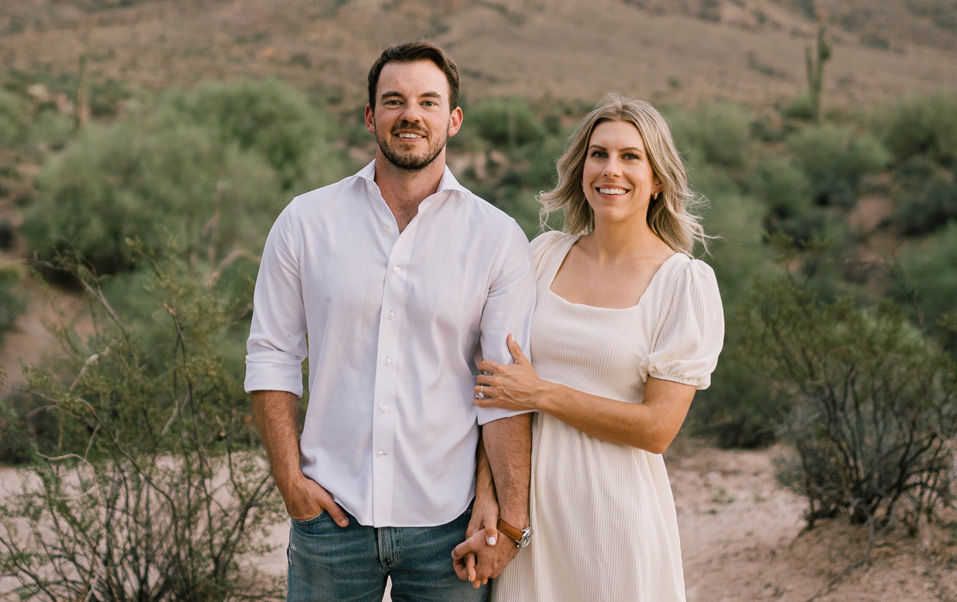
Our Story
Family Owned & Operated
Sleep Apnea.
Snoring.
CPAP Failure.
We believe that knowledge and action can improve lives and even save them. We are offering a no-cost, one-on-one, 30-minute screening on sleep breathing disorders. Whether it’s snoring, daytime sleepiness, headaches, difficulty concentrating, difficulty staying asleep, dry mouth or CPAP intolerance, you can make sure you are not at risk for this very treatable, potentially life-threatening condition. If you are experiencing any of these conditions, we encourage you to schedule a complimentary screening today and allow us to guide you toward a CPAP alternative that works!

